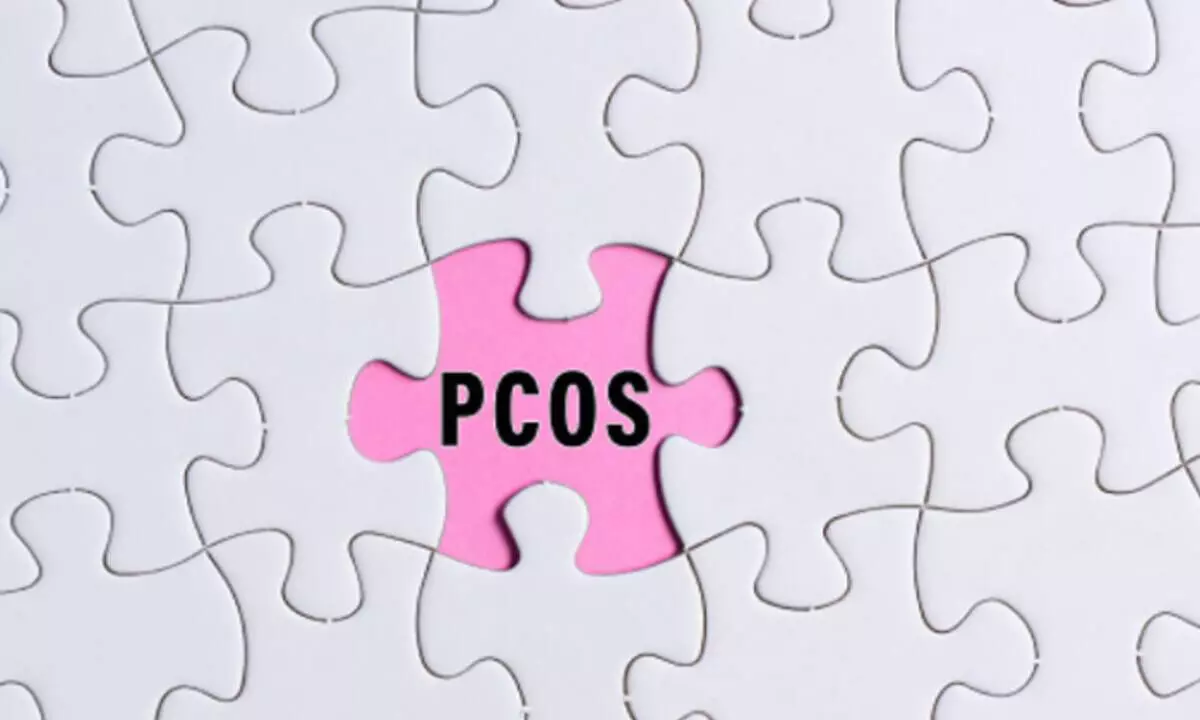Navigating PCOS Understanding the Role of Diet in Managing Symptoms

Polycystic ovary syndrome (PCOS) affects millions of women worldwide, presenting a complex array of hormonal imbalances that can impact fertility, metabolism, and overall well-being
Polycystic ovary syndrome (PCOS) affects millions of women worldwide, presenting a complex array of hormonal imbalances that can impact fertility, metabolism, and overall well-being. While there is no cure for PCOS, adopting a strategic dietary approach can significantly aid in symptom management and promote better health outcomes. In this article, we'll explore the importance of diet in PCOS management, highlighting key nutritional strategies that can help regulate hormone levels, improve insulin sensitivity, and enhance overall quality of life for individuals with this condition. Understanding how specific food choices can positively impact PCOS symptoms is crucial for those seeking effective, holistic approaches to support their health journey.
Here are some dietary guidelines that may be beneficial for individuals with PCOS:
1. Balanced Macronutrients: Aim for a balanced diet that includes a mix of carbohydrates, proteins, and healthy fats. This can help regulate blood sugar levels and reduce insulin resistance, which is often associated with PCOS.
2. Complex Carbohydrates: Choose complex carbohydrates that are high in fiber such as whole grains (brown rice, quinoa, whole wheat), fruits, vegetables, and legumes. Avoid refined carbohydrates and sugary foods.
3. Healthy Fats: Include sources of healthy fats such as avocados, nuts, seeds, and olive oil. Omega-3 fatty acids, found in fatty fish like salmon and in flaxseeds, may also be beneficial.
4. Lean Proteins: Opt for lean protein sources like chicken, turkey, fish, tofu, and legumes. Protein can help keep you feeling full and stabilize blood sugar levels.
5. Limit Sugars and Processed Foods: Minimize your intake of sugary drinks, desserts, and processed foods. These can spike blood sugar levels and contribute to insulin resistance.
6. Low Glycemic Index (GI) Foods: Choose foods with a low glycemic index to help manage blood sugar levels. Examples include whole grains, non-starchy vegetables, and most fruits (especially berries).
7. Monitor Portion Sizes: Be mindful of portion sizes to prevent overeating and weight gain, which can exacerbate symptoms of PCOS.
8. Regular Meals and Snacks: Aim for regular meals and snacks throughout the day to maintain stable blood sugar levels. Avoid skipping meals.
9. Calcium and Vitamin D: Include calcium-rich foods (like dairy products, fortified plant-based milks, and leafy greens) and sources of vitamin D (fatty fish, fortified foods, sunlight exposure) for bone health.
10. Stay Hydrated: Drink plenty of water throughout the day to stay hydrated.
11. Manage Caffeine and Alcohol: Limit caffeine intake and consume alcohol in moderation, as these can affect hormone levels and overall health.
12. Consider Individual Needs: PCOS symptoms can vary widely among individuals. Some may benefit from additional dietary modifications, such as reducing dairy or gluten intake, depending on personal sensitivities.
It's important to work with a healthcare provider or registered dietitian to develop a personalized diet plan that suits your specific needs and health goals. Regular exercise and maintaining a healthy weight through diet and lifestyle changes are also important components of managing PCOS symptoms.















